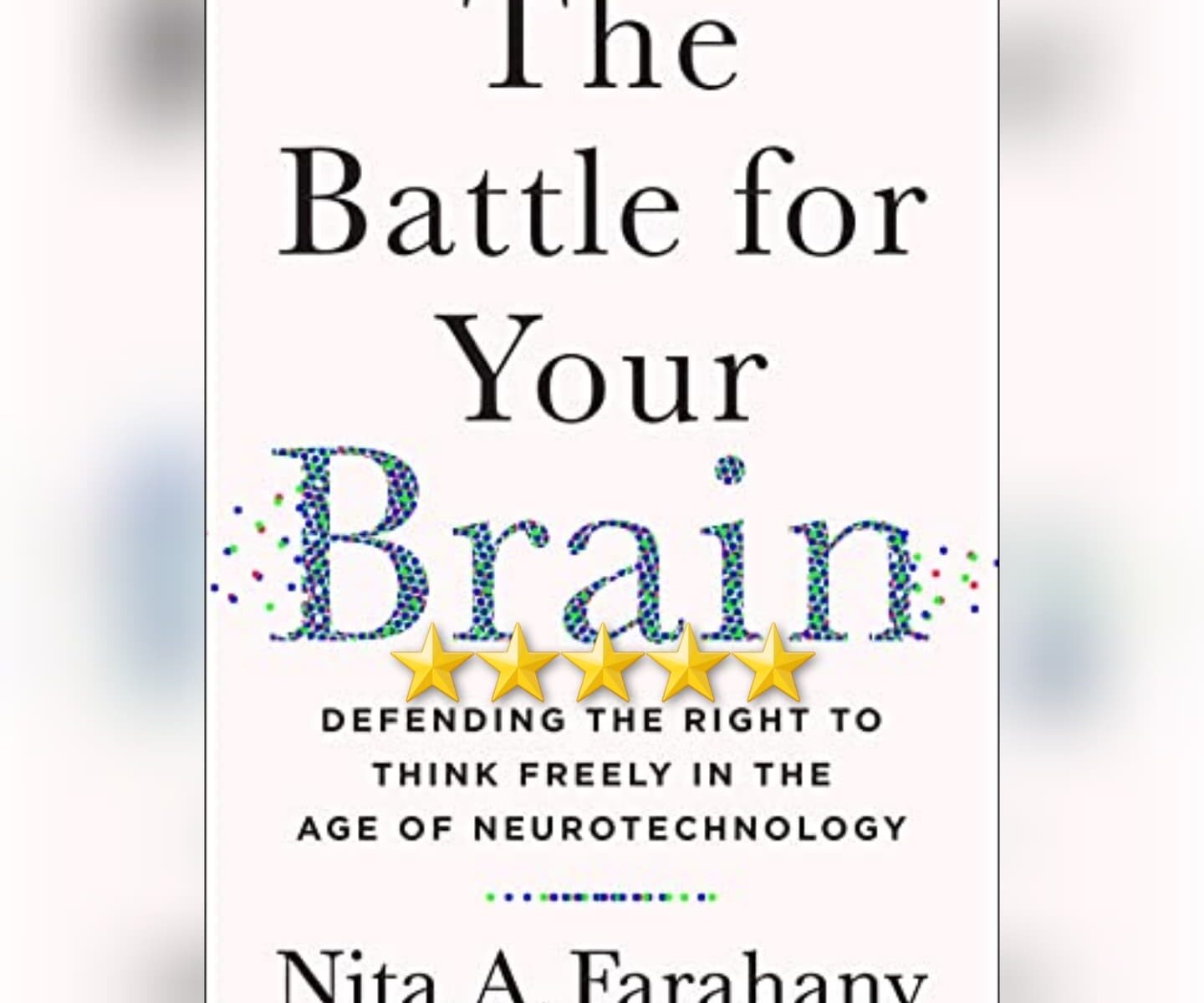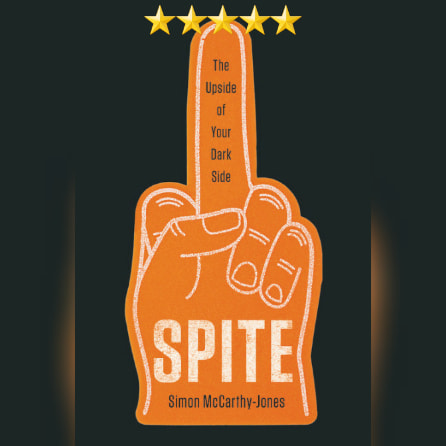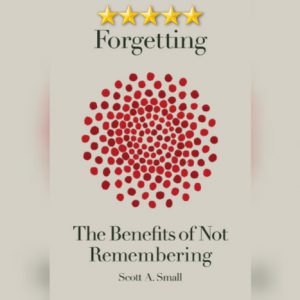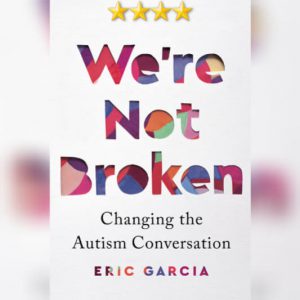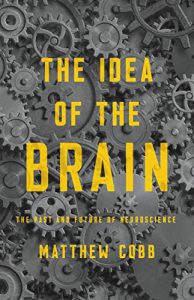Not What You Expected, But What You Need. As is often my norm when getting ready to write reviews, I had a look through the existing ones first. And so many were so critical of this book claiming it was effectively a bait and switch and had too many characters.
Now, I’m a man that can have and has had a dozen different books going, and can easily track what is happening in all of them. I’ve compared my (Autistic) mind to an AEGIS threat detection and tracking system before – able to track *far* more things than most can even readily know is happening. I also happen to be the child of two people who each have more siblings than our lead female does here, so again, I’m used to large families and tracking everything. But yes, if your mind is smaller in scale and can’t cope with a dozen ish important characters… you’re going to struggle with this tale. For me, this was actually fairly normal and I thought the dynamics were very solidly portrayed, with no characters feeling unduly flat, other than perhaps the children that were only in a scene or two. (And even then, within those scenes the children in question felt quite alive.)
As to the “bait and switch” of “claiming to be a romance” and actually presenting a “women’s fiction”… The timing for me was actually quite interesting, as in a prominent multi-author book group on Facebook, one of the founding authors asked *just yesterday* what kind of endings people preferred. Of 416 responses across 8 options, with multiple selections allowed per voter, over 2/3 of the respondents to this particular (18 hr old at the time of this writing) poll responded with some form of “surprise me (174) / give me something to think about (75) / messy endings are fine (17) / pull lots of threads together (15)”. So at least in this particular group of readers, I honestly think most of them would be along the lines of how I personally felt about this: I personally thought it was a wonderful tale of life, love, and other mysteries. (Kudos if you get that reference, you’re awesome! :D) YES, if you are an RWA purist, this book will NOT fit all of the RWA rules for “romance”. If you argue (as I do) that Nicholas Sparks writes romances that are often *far* more emotional and loving than many RWA-pure romances and thus should be considered romances themselves… you’ll be fine here. (Though note: This is NOT a tragedy ala Sparks, but that is as close as I get to revealing anything here.) Further, examining the description and even genres listed by the publisher on Amazon, I find no evidence of them claiming this is a romance novel. Instead, the marketing tagline is that you will get a “life-affirming and uplifting tale of love, family, friendship, and risking it all for happiness”.
I would argue that the tagline given is *exactly* the book we ultimately get, and thus any claims of being led to expect one thing and being given something else (aka “bait and switch”) are ultimately baseless and indeed utterly absurd.
For me, this book was a very solid, very fun tale with aspects not seen in many other places, including struggles with childlessness, fostering, different takes on what it means to be married/ have a happy marriage, and even, yes, its central premise and ultimate resolution thereof. For me, this was a book that completely worked from top to bottom, and enough that I personally will be on the look for future books from this author. Which means that, of course, this book is very much recommended.
This review of Take A Chance On Me by Beth Moran was originally written on February 4, 2021.

